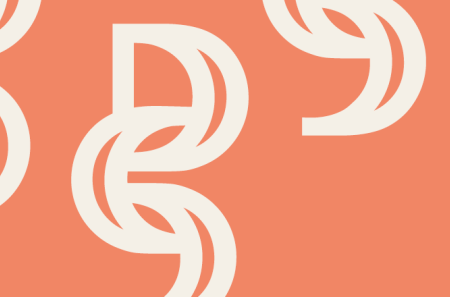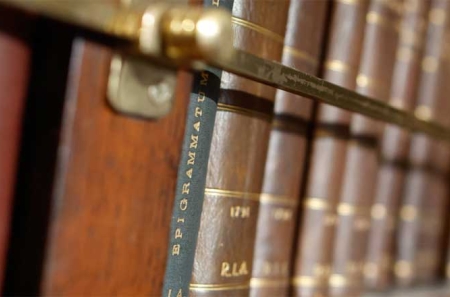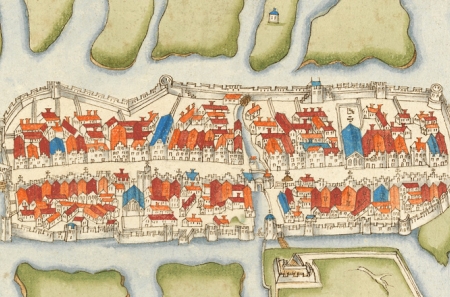Historical mental health records: the ethics of access and preservation policies
When
Thursday, May 16, 2019, 09:00 - 13:00Where
Tickets
A seminar exploring current practice on access to historical mental health records in Ireland and alternative approaches.
The first panel, chaired by Catriona Crowe will set the context in conversation with Brendan Kelly and Brian Donnelly who will survey how historical mental health records are cared for in Ireland and the practical challenges encountered in granting access to and use of sensitive records.
The second session will examine international best practice with case studies from Bethlem Museum of the Mind in the UK and the National Archives of Italy. Run under Chatham House rules, this is a practical session, with questions and discussion encouraged.
Confirmed participants include:
- Catriona Crowe, MRIA
- Brian Donnelly, National Archives of Ireland
- Colin Gale, Senior Archivist, Bethlem Museum of the Mind (London, UK)
- Brendan Kelly, Tallaght Hospital and Trinity College
- Leonardo Musci, President of Memoria Servizi Archivistici (Rome, Italy)
Registration is at 09:00, the first panel will run from 09:30, coffee at 11:00 and the second session starts at 11:30 until 13:00.
This event is part of a joint History project by the Grangegorman Development Agency and the Royal Irish Academy.
Event picture: Number of insane people by county per thousand of the population. Taken from 'The sixty-first report of the Inspectors of Lunatics (Ireland), for the year ending 31st December, 1911'. Taken from Dublin 1911.




